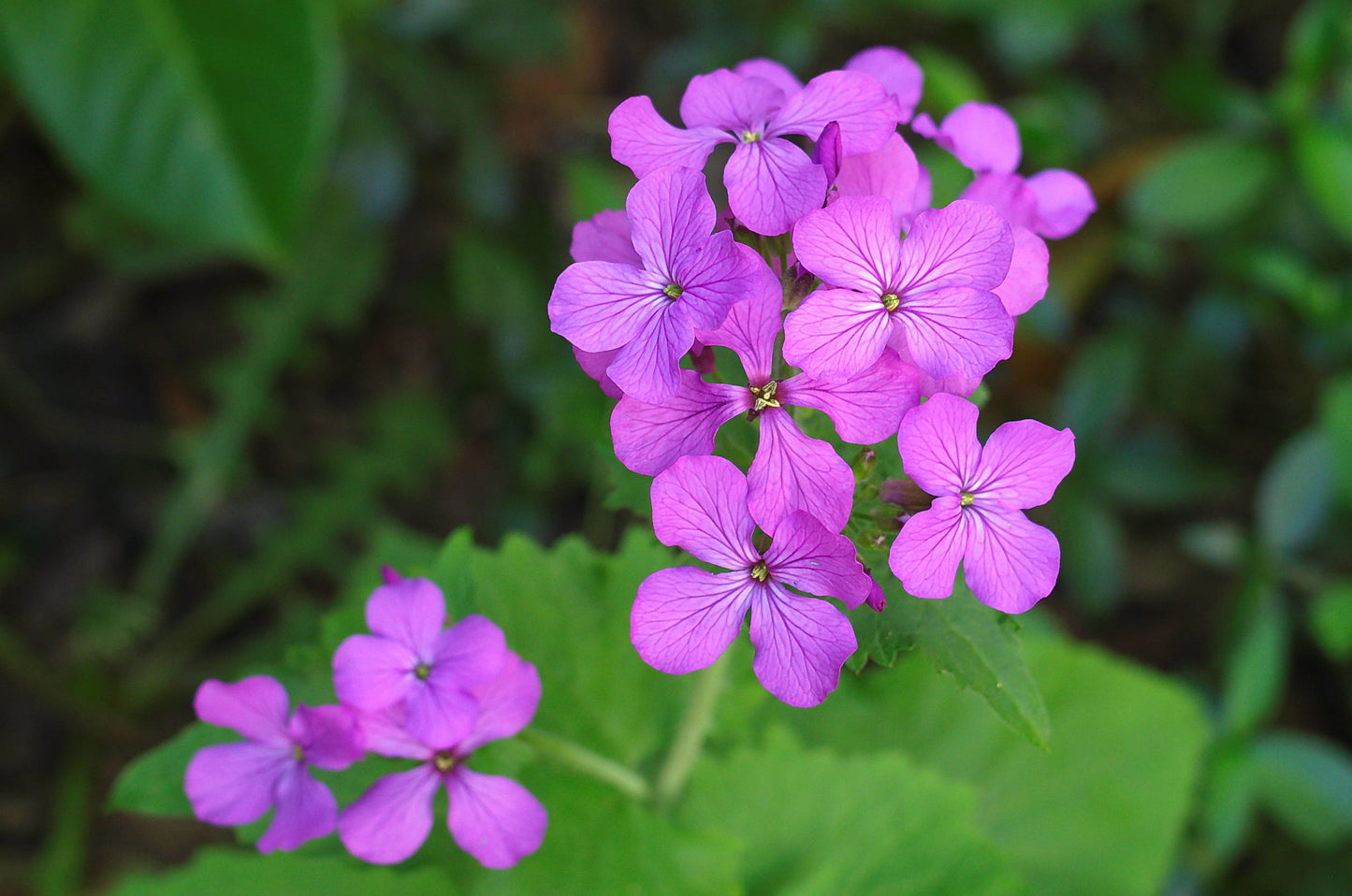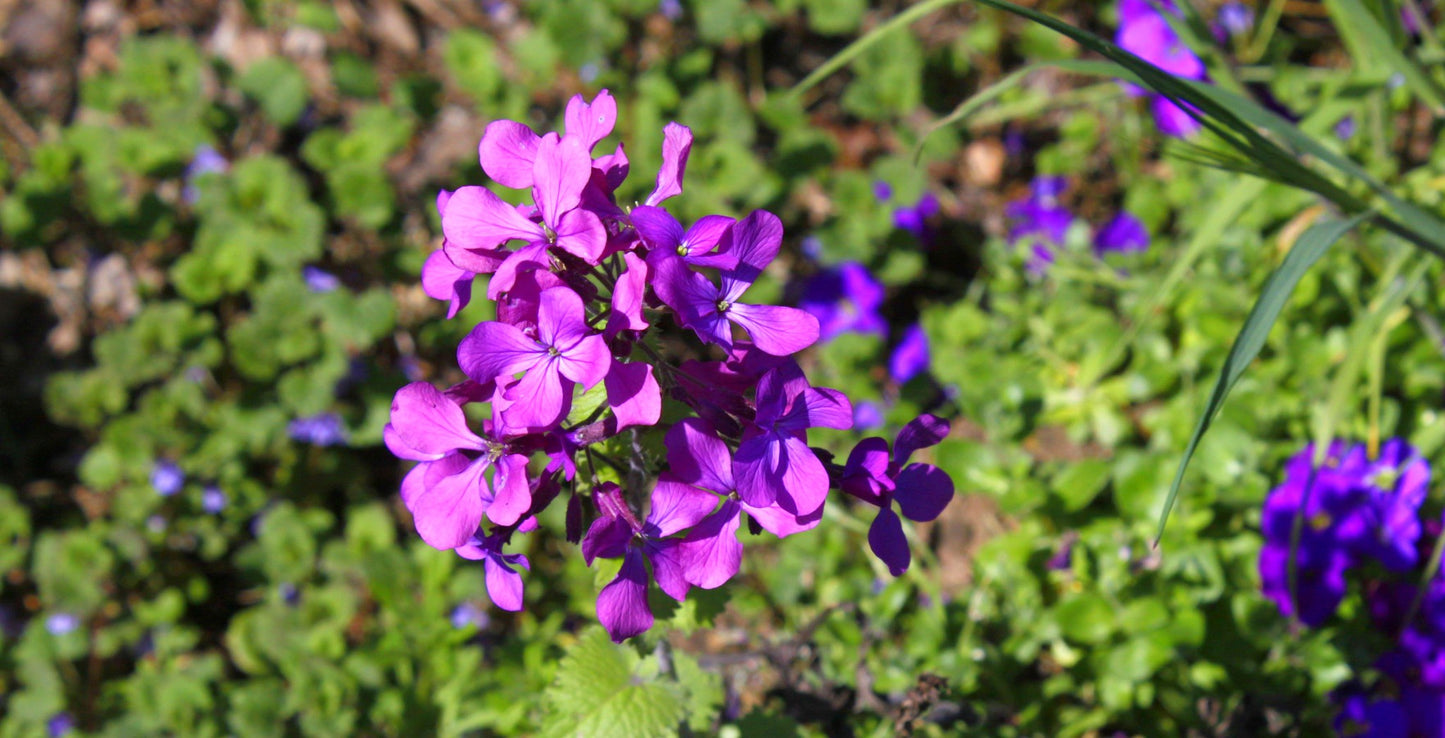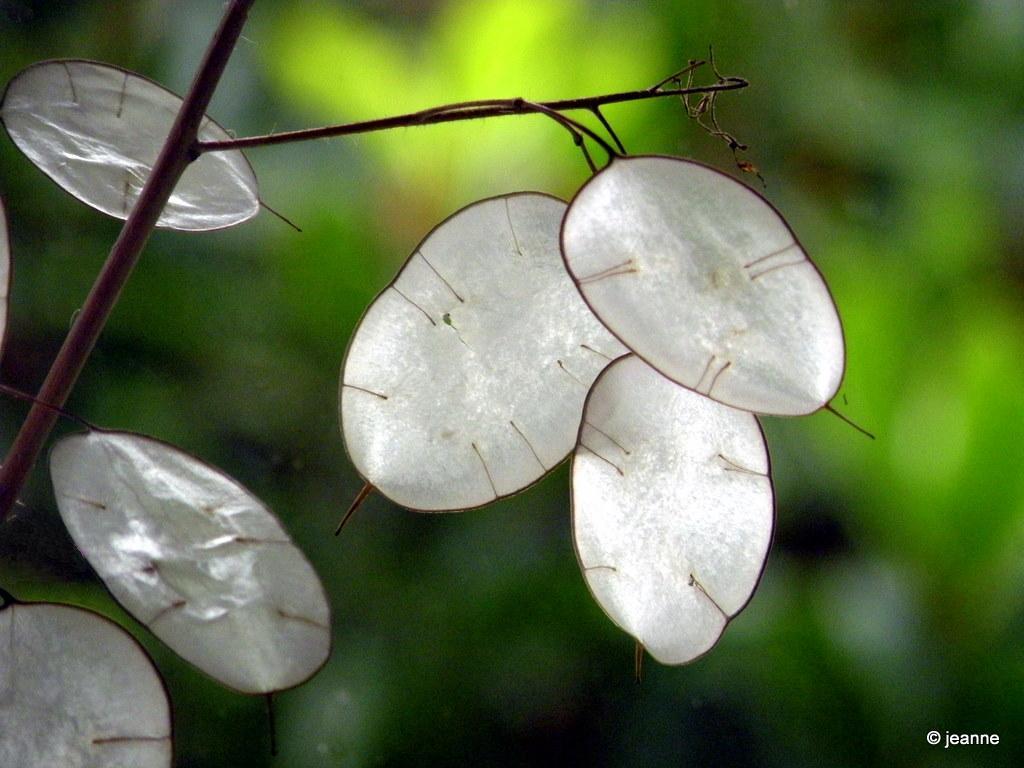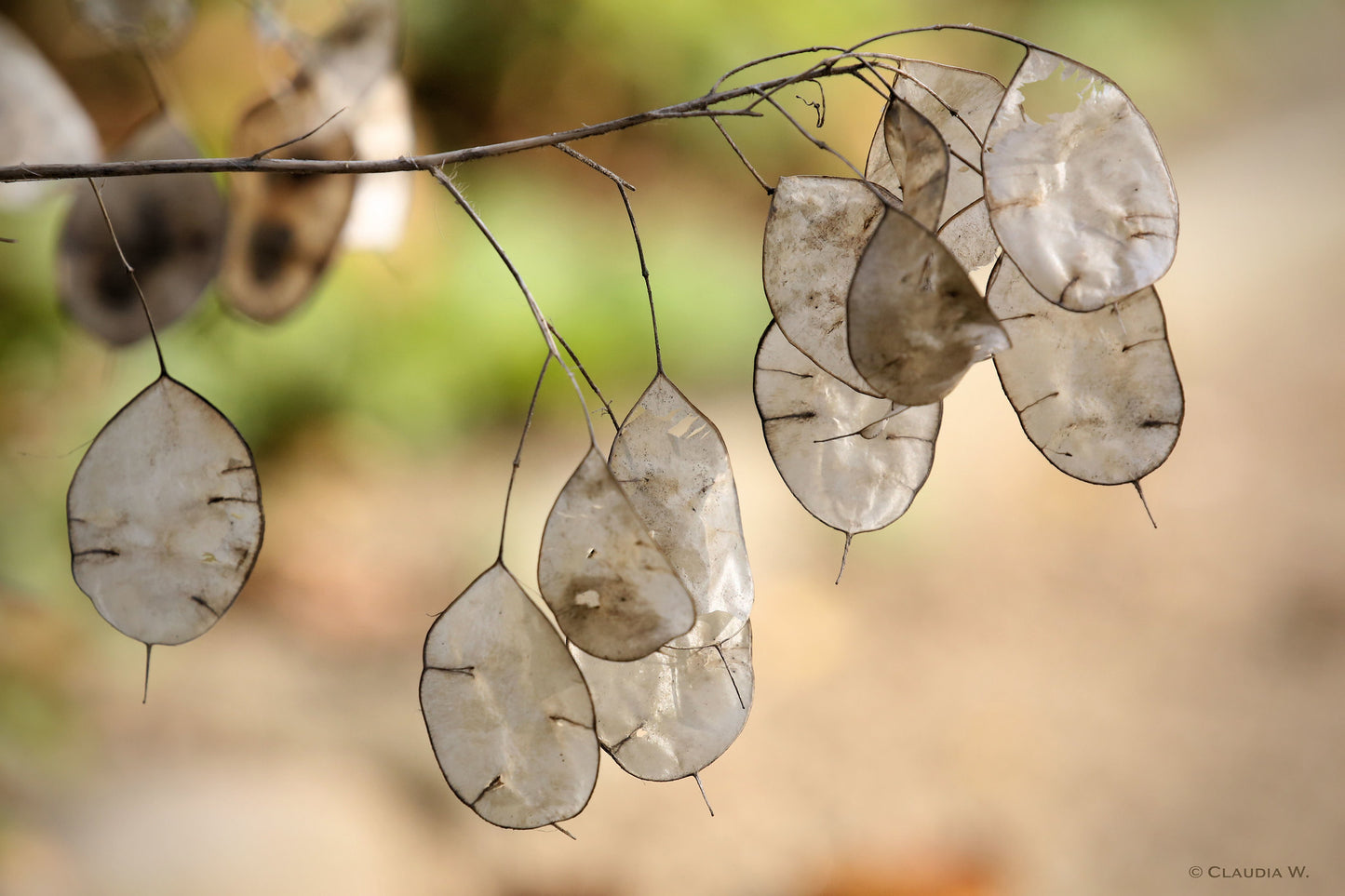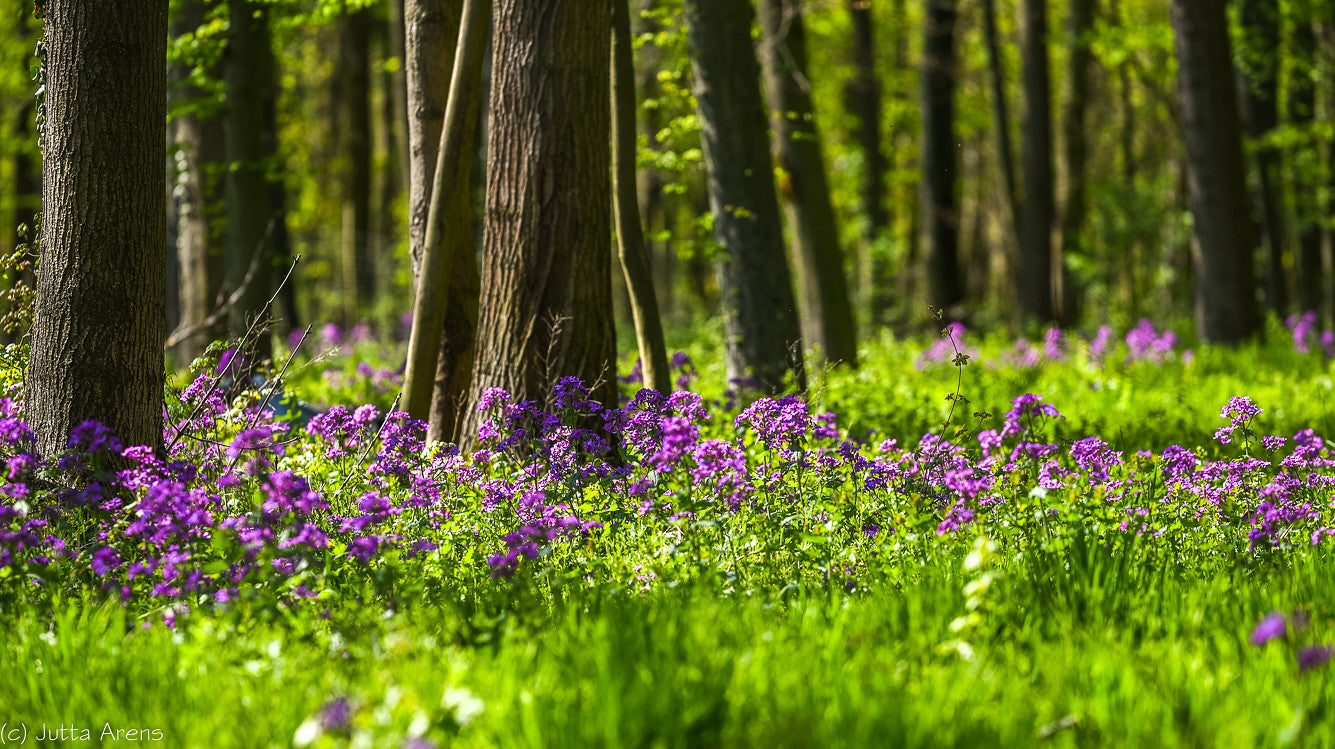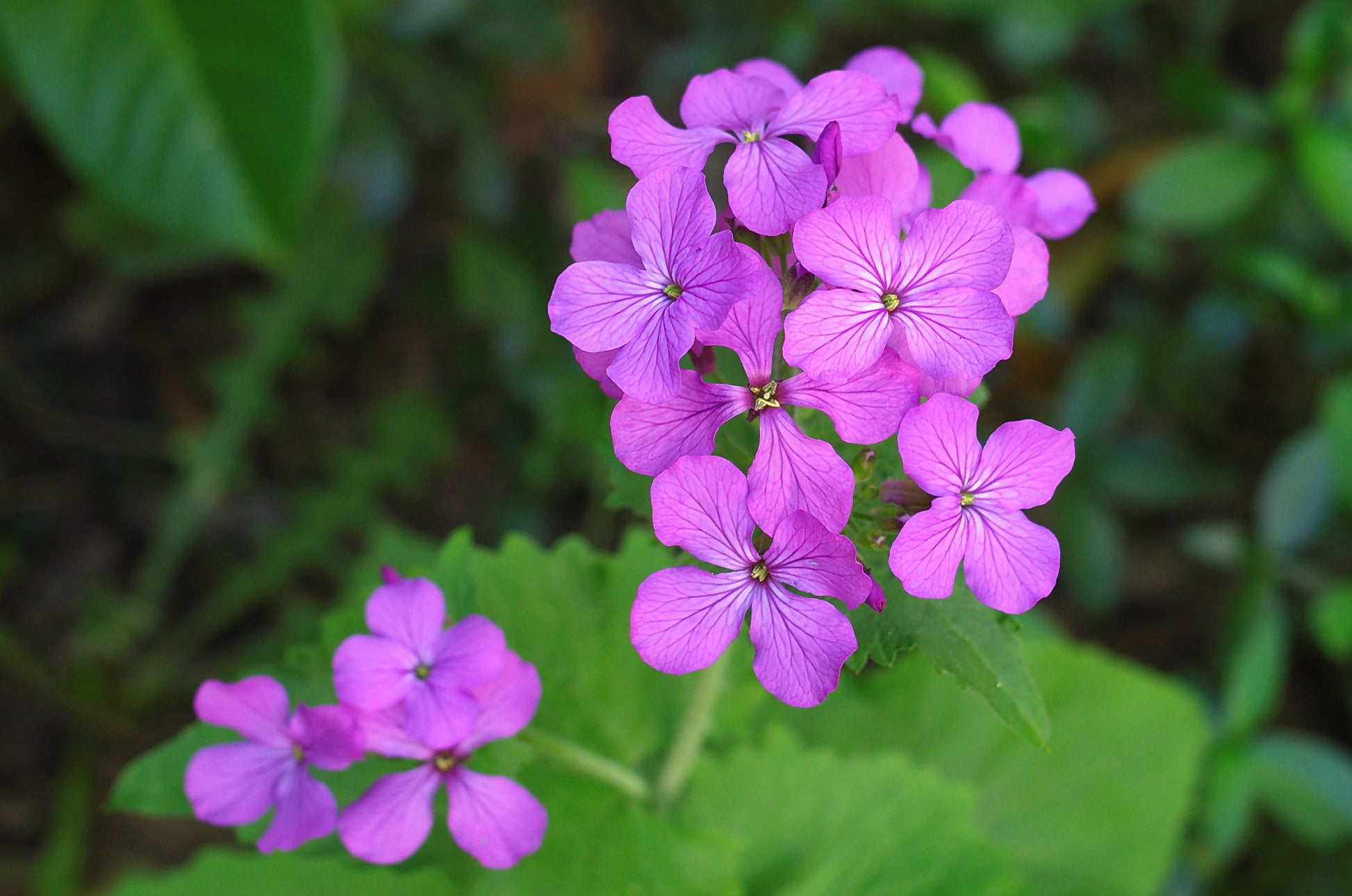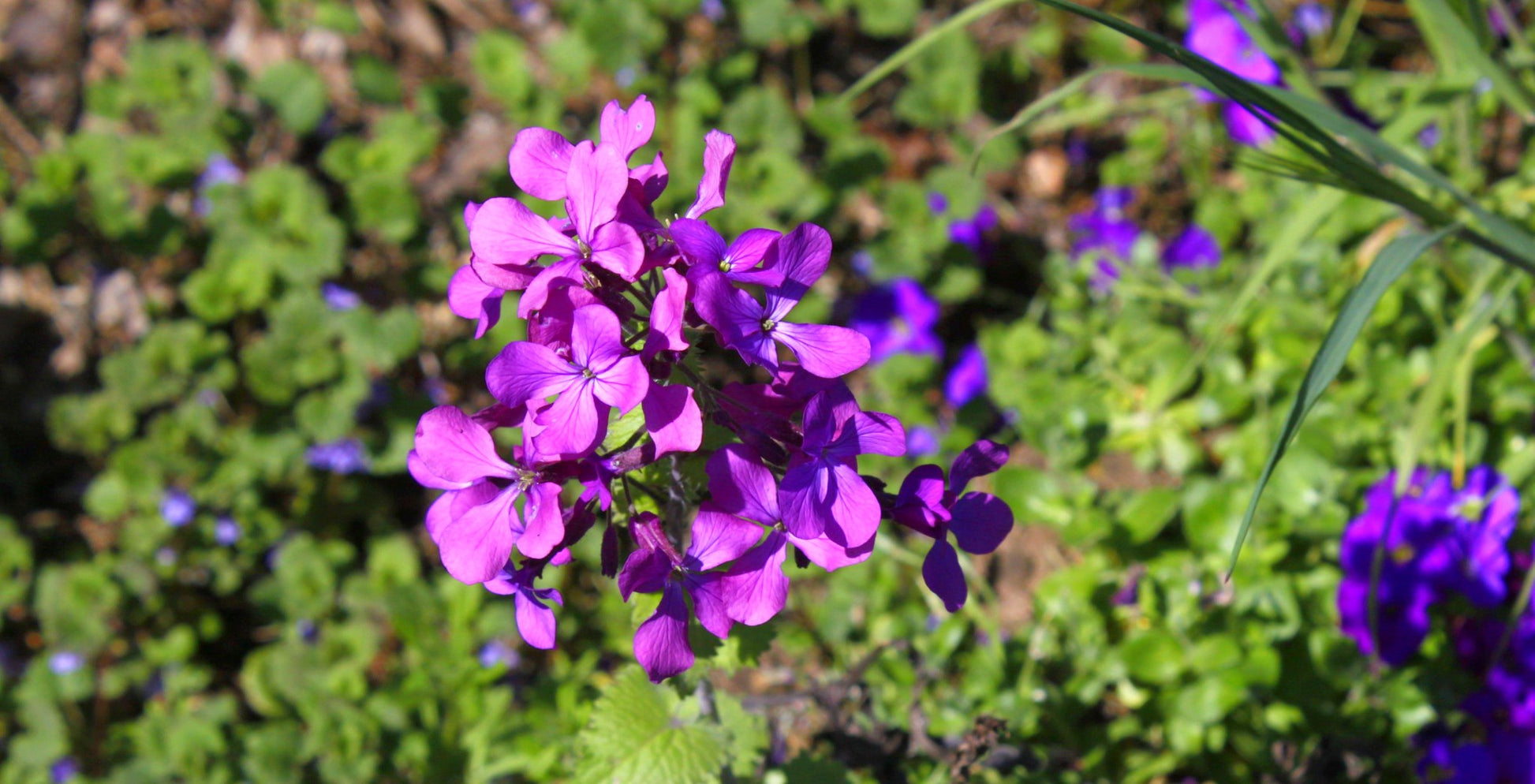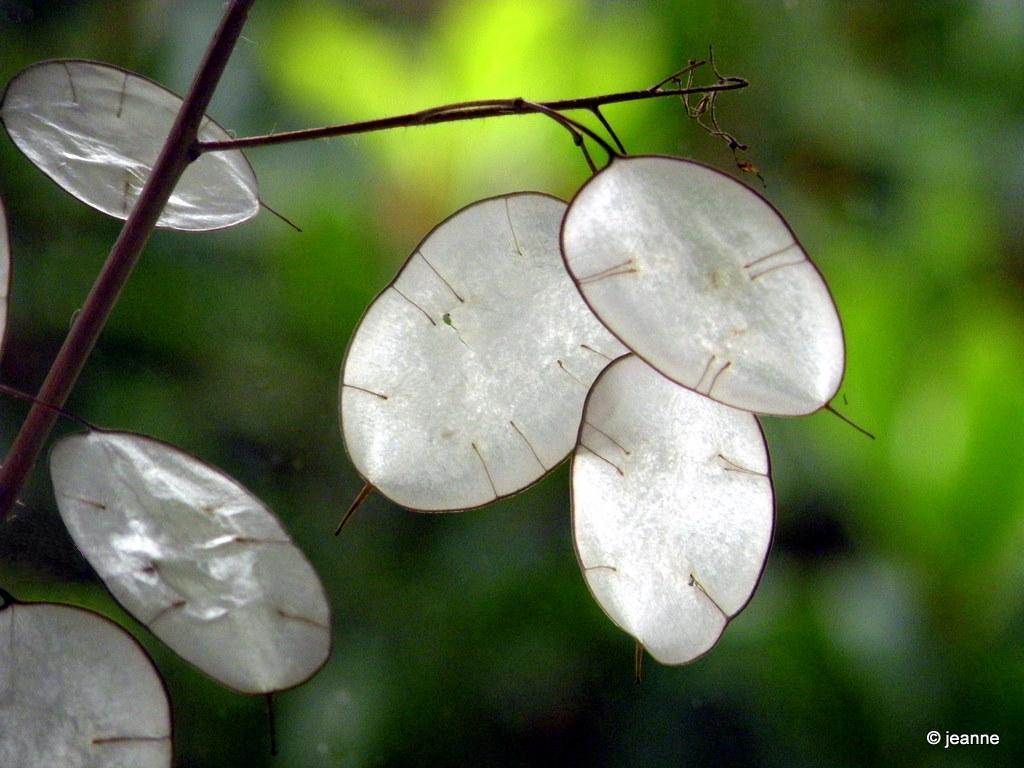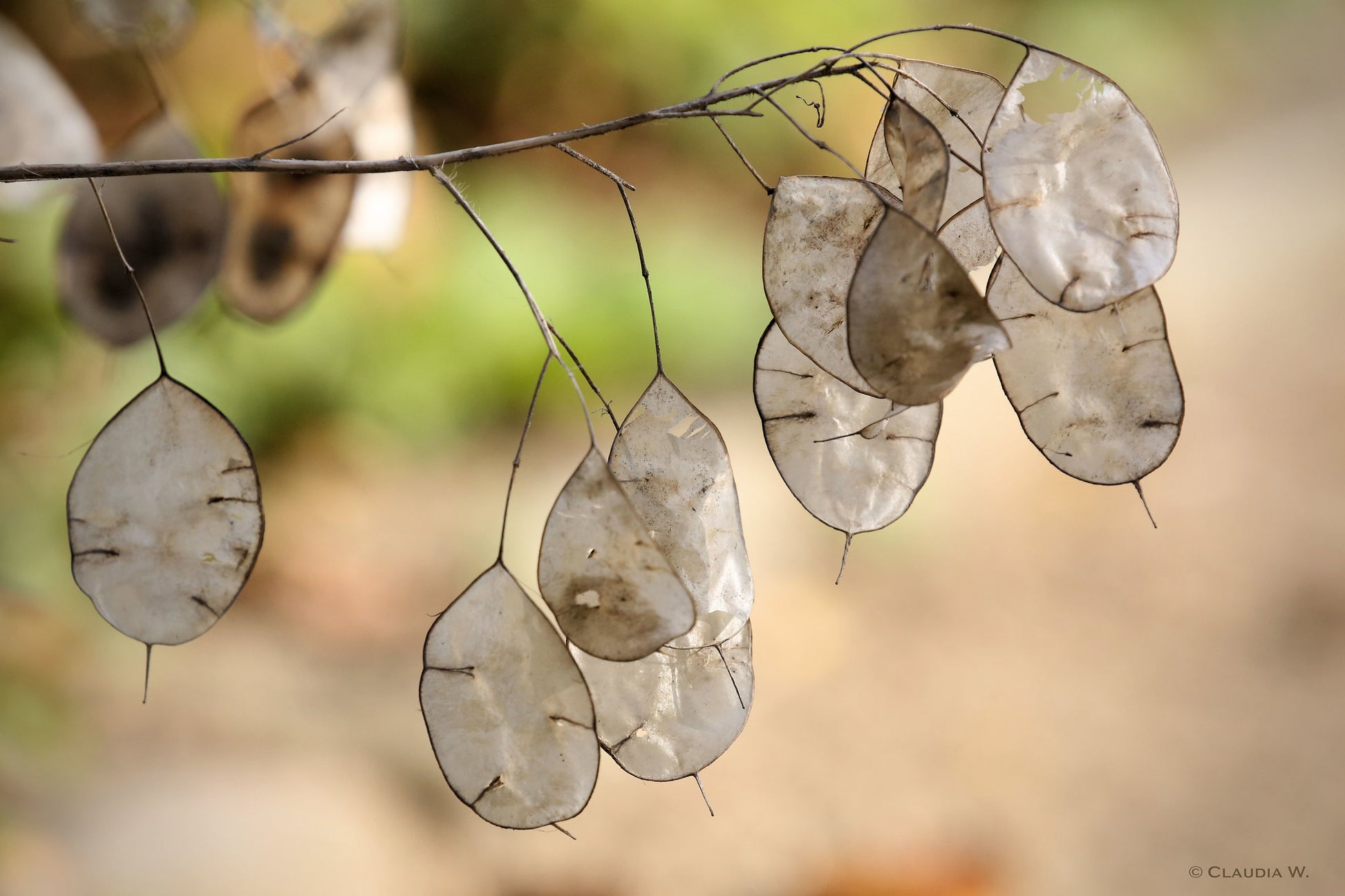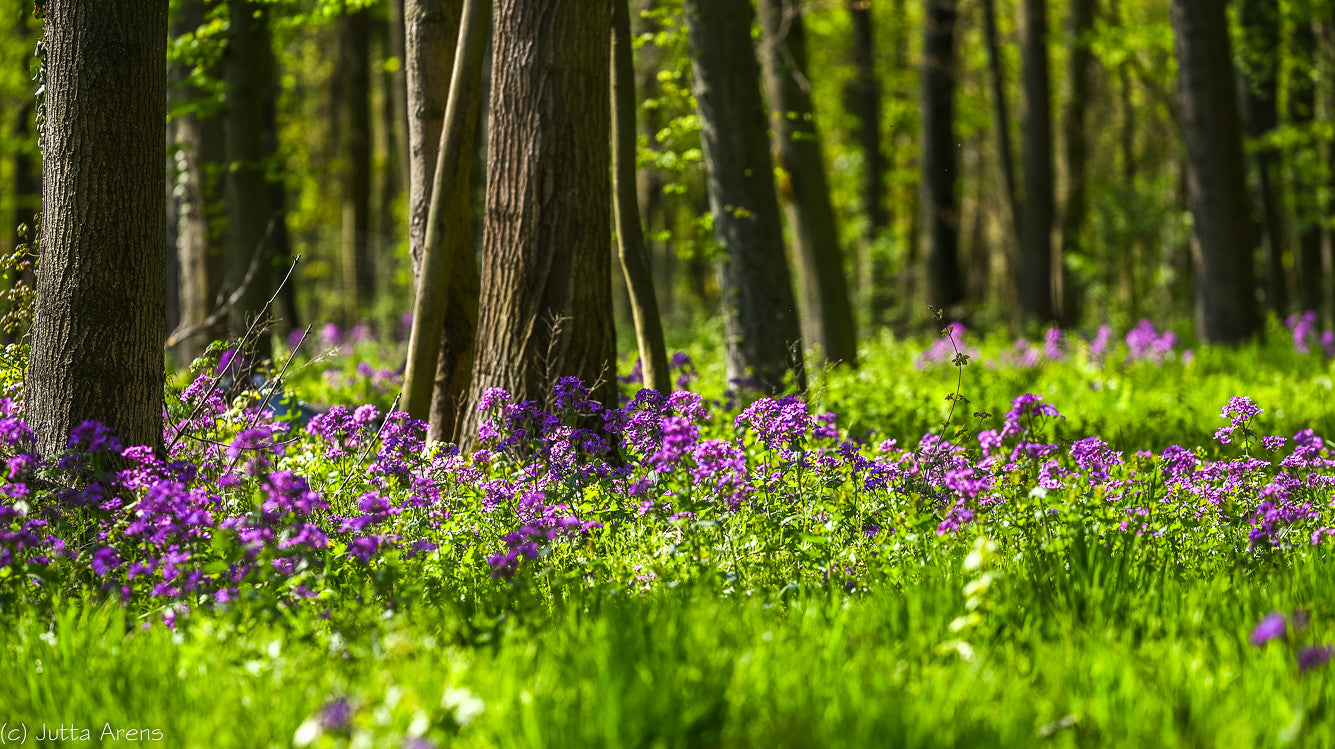Floridaseeds
Money Plant Honesty Lunaria annua 200 Seeds USA Company
Money Plant Honesty Lunaria annua 200 Seeds USA Company
Couldn't load pickup availability
Lunaria annua, commonly known as honesty, silver dollar plant, or money plant, is a biennial flowering plant native to regions of southeastern Europe and western Asia. Here's some key information about this plant:
Description: Honesty is known for its attractive foliage and unique seed pods. In its first year of growth, it typically produces a basal rosette of coarse, heart-shaped leaves. In the second year, it sends up tall flower stalks, reaching heights of up to 3 feet (about 1 meter), topped with clusters of fragrant, four-petaled flowers. After flowering, the plant forms distinctive, translucent seed pods that resemble silver coins, hence the common name "money plant."
Cultivation: Honesty is easy to grow and prefers well-drained soil and full to partial sun. It readily self-seeds, often spreading to fill in garden beds. It is commonly grown as an ornamental plant in gardens for its attractive foliage and seed pods.
Uses: The seed pods of Lunaria annua are often used in dried flower arrangements for their unique appearance. They can be harvested once they have dried on the plant and are commonly sprayed with metallic paints for decorative purposes.
Ecological Importance: Honesty flowers are attractive to pollinators such as bees and butterflies, providing a valuable nectar source. The plant also serves as a host for the larvae of certain moth species.
Historical Significance: The name "honesty" may have originated from the translucent seed pods, which reveal the seeds inside, symbolizing transparency and truthfulness. Hardy in zones 4-8.
Growing Instructions for the Money Plant
Lunaria are easy to grow and require little to no attention. They can be grown in almost any soils and thrive in partial and shady areas. They should have at least four to six hours of sunshine. 1. Sow the seeds on the soil. 2. Cover them lightly with soil. 3. Water the seeds. The seeds germinate in 10-14 days. Water the plants when the soil is dry.
Materials
Materials
Shipping & Returns
Shipping & Returns
Dimensions
Dimensions
Care Instructions
Care Instructions
Share
